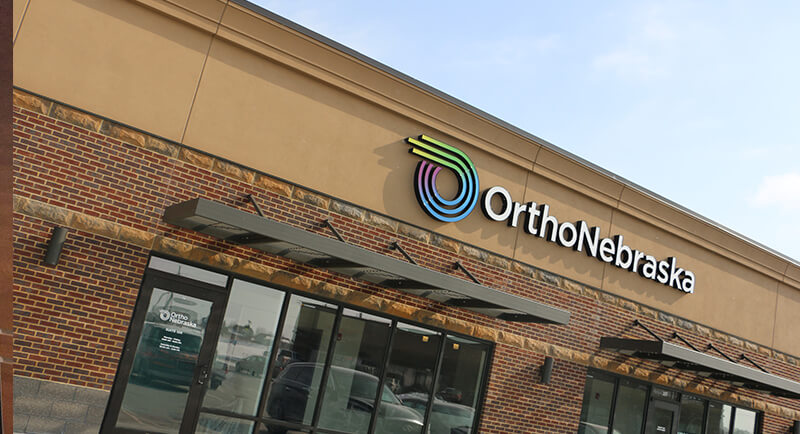What are Hip Injections?
Hip injections may be performed in the office with ultrasound or more commonly with continuous X-ray known as fluoroscopy in the hospital. First, your surgeon will inject a small amount of local anesthetic (also called a numbing agent) into the hip joint where the pain originates. Next, a cortisone medication is injected to block the pain over time.
Who should have Hip Injections?
OrthoNebraska may recommend people try hip injections who still have pain even after trying pain medications, physical therapy or lifestyle modifications.
Do Hip Injections work?
For many patients, hip injections offer enough pain relief that they continue to return every few months for another injection. This can prevent or delay the need for hip replacement surgery. For others, the injections will not provide an acceptable level of pain relief. For those patients, other treatments or hip replacement surgery may need to be considered.
What can I expect when I have Hip Injections?
Activity after your hip injection may reduce the effectiveness of the treatment, so plan to be fairly inactive for 24 hours. Some people experience mild pain and swelling around the injection site(s). You can use ice packs and over-the-counter pain medication such as acetaminophen for a few days after the procedure if needed.
Hip injections can provide pain relief from three to six months, depending on you and your pain tolerance.















